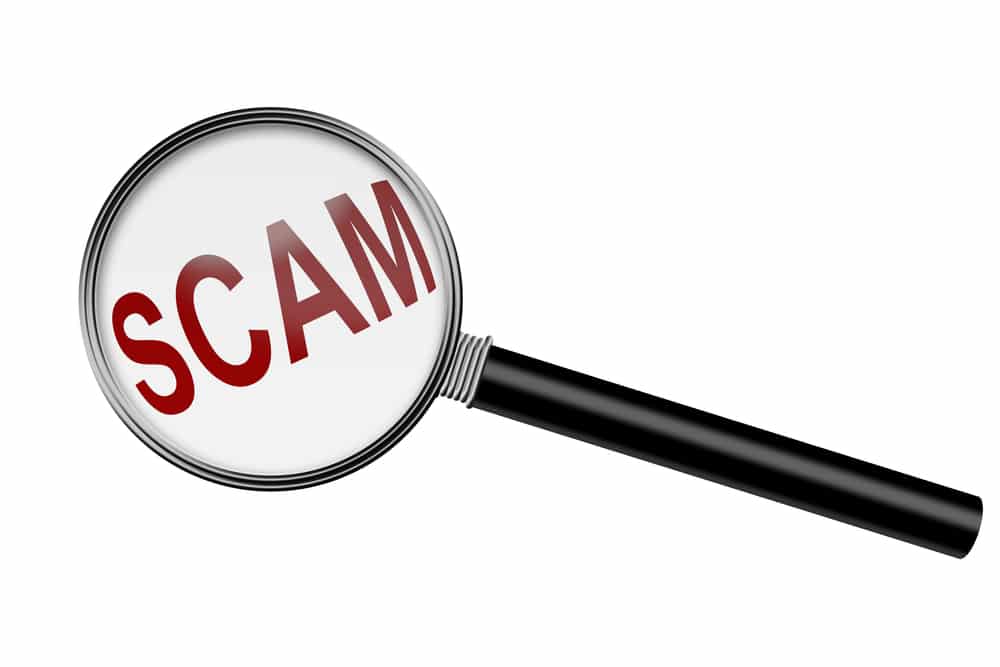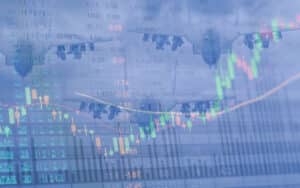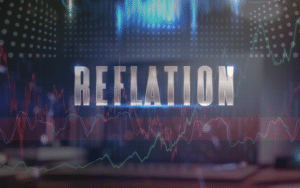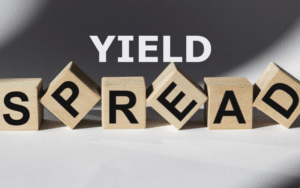The forex market is a high-stakes industry, with over $5 trillion exchanged daily all over the world. This has attracted a lot of participants, honest traders and fraudsters alike, each trying to make a buck. Nowadays, regulation has made impressive strides in trying to keep out scammers, but the market is still teeming with them.
In this article, we will discuss some of the most common scams and how to identify and avoid them. We will also look into how to liberate yourself from fraudulent brokers in the event you find yourself in their service.
Genres of forex scams
There are a variety of forex scams. These fraudulent operations may differ from one region to another, especially in terms of their execution. However, they are all based on the same premise, which is what the following classifications are all about.
- Ponzi schemes
Also known as pyramid schemes, these pledge high returns in a bid to recruit new members into the program. Usually, they dish out decent returns to new members, but in the long run, they always come crumbling. This is because their mode of operation depends on using the investment from new investors to pay out the old investors. Once this payment is made, they then lure in new investors, and the vicious cycle continues until these companies cannot financially sustain their investors’ withdrawals.
- Unsegregated accounts
Regulators require all brokerage firms to hold their clients’ funds in separate accounts from company funds. If these client funds are held in the company’s account, in the event the firm becomes insolvent, their clients would have no way of recovering their capital.
- Trading costs manipulation
Some brokers who offer variable spreads may fluctuate their spreads at will to maximize their gains. This significantly cuts into their client’s profits. Other brokers will adjust their quoted rates to trigger stop losses prematurely, which are recorded as losses for the client while the broker smiles at the bank.
- Signal selling scams
There are thousands if not millions of expert traders, analysts, and asset managers that offer trade signals at a fee, especially to novice traders. Some of these signal providers are legitimate, and most of their signals will actually turn a profit. However, some of them use fake reviews and client testimonies on their platforms to lure in unsuspecting investors. Once the trader invests in them, some just disappear with the funds while others give fake signals.
- Personal data pirates
Some brokerage firms will lure in investors, have them register accounts with them using personal information, and sell this information to third parties. This exposes their clients to identity theft and other online scams.
- Expert Adviser scams
Also known as forex robots, expert advisers (EAs) are automated services that either give trade signals or execute trades on behalf of their clients. They promise to guarantee profit-generating trades 24 hours a day, five days a week. A lot of these robots showcase fake or cherry-picked results in order to lure investors. Though some forex EAs are legitimate, one should do extensive research to validate their authenticity before investing in them.
How to identify forex scams
Any scammer in the market will go to great lengths to masquerade as a legitimate entity. However, there are a few red flags you can be on the lookout for, which can help point out forex fraudsters. Below, let’s look closer at some signs of scams.
Online reviews – Every broker will have had some clients who’ve used their services, and more often than not, those clients leave reviews. These reviews can be a valuable source of insight into the legitimacy of a broker. If the broker is constantly reviewed negatively, that may be a sign to keep away from them.
Poor customer service – Most brokers, who run a clean shop, usually have customer service at the forefront of their business model. If you find a broker that’s unresponsive to any queries you may have, chances are they are a fraud.
Regulation – This is the most important quality you should check for. Every legitimate broker should be regulated by a reputable body in their jurisdiction. Some brokerages will have more than one license from different regulators. Such regulators include the UK’s Financial Conduct Authority, CySEC of Cyprus, and the Commodities Futures Trade Commission of the US. Any broker that does not hold the relevant license should be assumed to be fraudulent.
Online presence – A legitimate brokerage should have a website that clearly states such details as the services they offer, their fees, their regulatory status, and their contact information. Do not hesitate to contact them in case of any questions or if you need any clarification.
It is also wise to take advantage of demo accounts offered by most brokerages. This will give you firsthand experience of their business model.
What if I find myself stuck with a fraudulent broker?
The best practice is to do proper research before choosing a broker so that you can avoid falling for fraudsters. However, if you find yourself in this situation, you should contact the broker and try to negotiate a withdrawal of your funds. Also, clearly communicate with them that you intend to take measures if they do not expedite your withdrawal.
In the event they still refuse to comply, you should report the broker to the regulator in their jurisdiction. Additionally, to save others from the same predicament, share your experience on any of the multiple trading forums and social media pages. Also, do not deposit any more funds into your account if you have reservations about your broker.
Conclusion
The forex market is not centralized, which means different brokers are regulated by different bodies. Due to this, some fraudulent brokers slip through the cracks, and it is your duty as an investor to look out for them. Though they may be expertly disguised, look out for the aforementioned red flags and perform extensive research to avoid falling prey to scammers.



